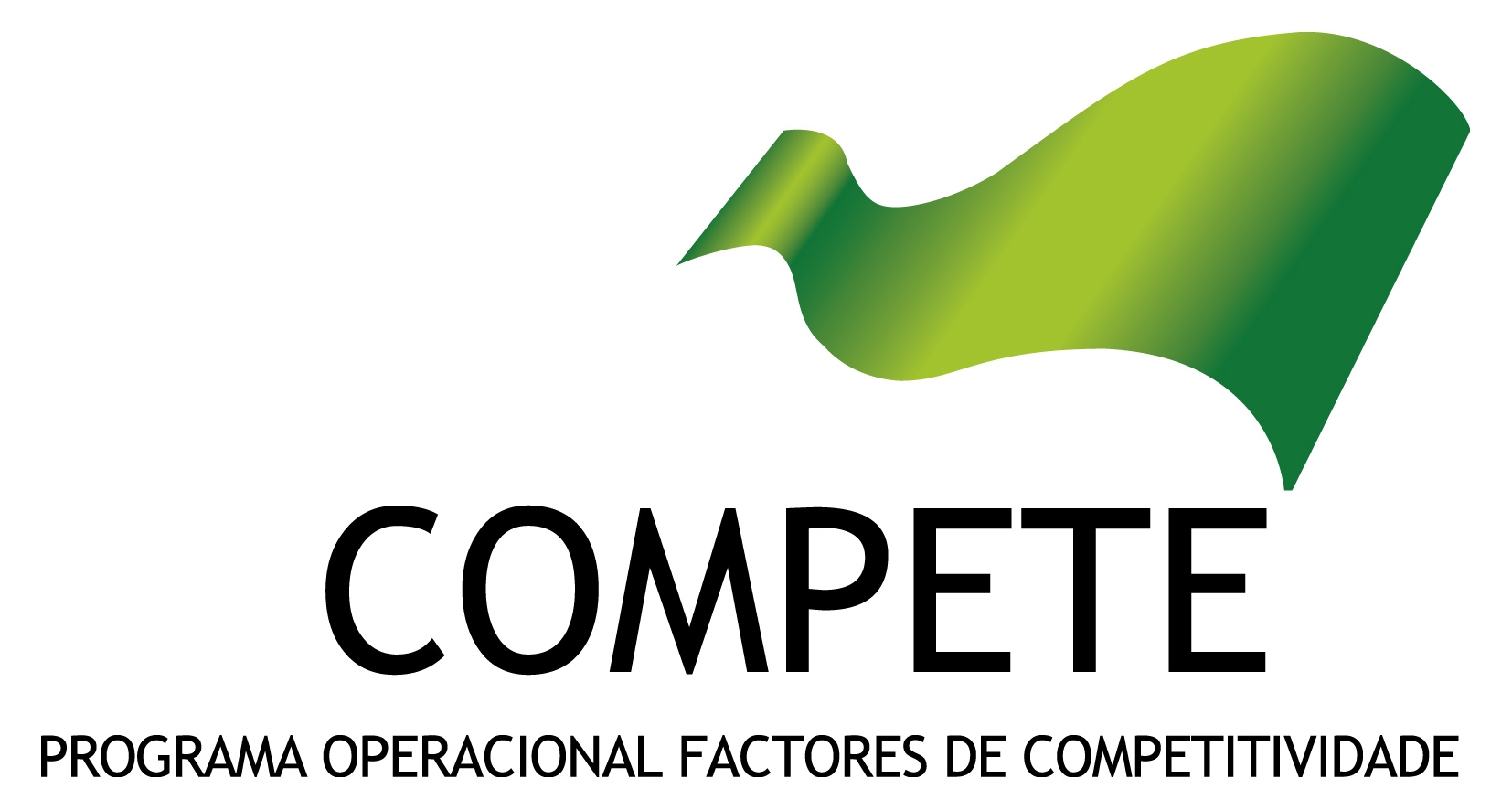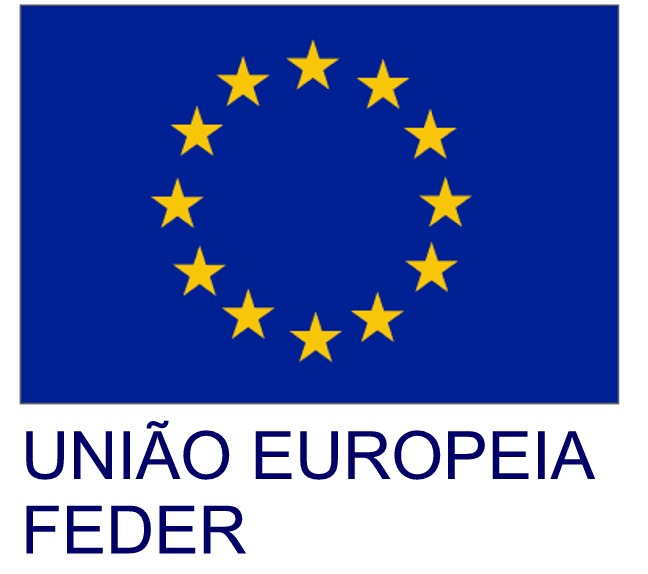Project
Between 1961 and 1974 Portugal conducted a long and essentially unacknowledged Colonial War in Angola, Mozambique and Guinea-Bissau. The memory of this war in contemporary Portuguese society is inextricably linked to three key historical events: the fall of the Salazar dictatorship; the Revolution of 25 April 1974; and the process of decolonization. The potency of these events in contemporary Portuguese history and the scant studies of Portuguese colonialism have allowed the war to be seen as external to Portugal. It is not deemed to be something intrinsically internal to both Portugal and the African nations that have since gained their independence. As such, it has become something incomprehensible, and the preserve of groups considered to be the direct carriers of its memory, namely the war veterans and their families.
This research project will interrogate and analyze prevalent thinking about the Colonial Wars taking as its starting point testimony from the children of war veterans. In other words, it will begin with the postmemory of the Colonial Wars—a memory carried by the offspring of war veterans, who grew up submerged in war narratives experienced by their parents’ generation.
The approach taken in this research is transdisciplinary, drawing on and adding to literary criticism, cultural studies, psychiatry, sociology, history, and political science. It will also shed light on three current theoretical trends: the issue of postmemory as manifested through both family and collective memories; the place of trauma in critical reflections about the aftermaths of the Spanish civil war, the Holocaust, the Algerian war, Vietnam war and the Apartheid; and counter-histories from the margins that arise from a problematization of ontological silence, placing the subaltern in a critical trajectory that brings together Gramsci with the Subaltern Studies tradition and, more generally, postcolonial studies.
This project was sponsored by Fundação para a Ciência e Tecnologia (National Agency for Sciences and Tecnology), through Programme COMPETE – reference FCOMP-01-0124-FEDER-007261.
Additionally, the project was also supported by the Portuguese Ministry of National Defense, within the protocol between both institutions issued on the 2nd of April of 2009, with the main goal of supporting dissemination activities, until May 2011.

.jpg)



